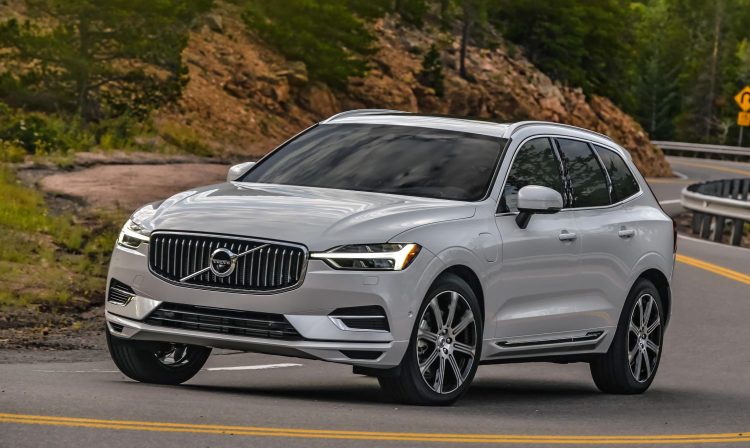Volvo Cars has posted a dramatic drop in sales over the first quarter of this year, largely due to the ongoing COVID-19 pandemic that is having a major global impact across almost all industries. Other carmakers are expected to post similar drops in sales as figures are released.
The Swedish, Chinese-owned brand said that it sold 131,889 vehicles around the world in the first three months of this year. That figure is down 18.2 per cent on the same period last year. During the month of March in particular sales took a hit, with 46,395 units, down 31.2 per cent on the same month last year.
This is led by weakening demand in key markets, such as Europe and the US. China is starting to show signs of recovery, the company says, both medically in terms of the virus but also economically with showroom traffic showing signs of increase. China contributed 20,780 sales in the first quarter.
Volvo Cars has started to reopen its manufacturing facilities in China after extended closures due to the pandemic. Sales in April in the region are expected to show signs of repair.
In terms of the best-selling model worldwide, it was the XC60 mid-size SUV. It contributed 36,930 units to the total tally, down around 20 per cent from 46,259 units sold during Q1, 2019. The XC40 small SUV was the second most-popular model, adding 34,268 units, up, surprisingly, on 28,903 examples it sold during Q1, 2019.
Overall, the company says SUVs made up 67.9 per cent of its overall sales for the quarter. This is up from 60.3 per cent on the same period last year, providing more evidence of the uprising popularity of the jumped-up vehicle style.
In Australia Volvo sold 1570 vehicles in the first three months of the year, down 13.4 per cent on 2019, according to March VFACTS figures. Its most popular model has been the XC60 as well, contributing 655 units (down 11.6 per cent), followed by the XC40 with 565 sales (down 27.7 per cent).


